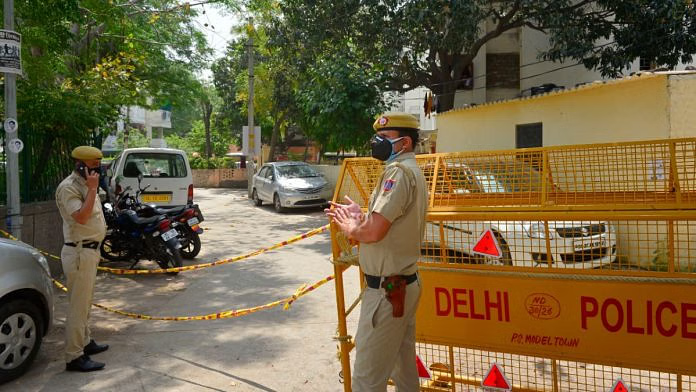Now Reading: Maurene Comey, Daughter of Ex-FBI Chief, Removed from US Justice Department Role Amid Political Backlash
-
01
Maurene Comey, Daughter of Ex-FBI Chief, Removed from US Justice Department Role Amid Political Backlash
Maurene Comey, Daughter of Ex-FBI Chief, Removed from US Justice Department Role Amid Political Backlash

Maurene Comey, a federal prosecutor and daughter of former FBI Director James Comey, has been dismissed from her role in the US Justice Department. The move comes as political tensions rise in the US, with Comey’s name resurfacing in right-wing narratives. Her termination has raised fresh concerns about political pressure influencing federal institutions.
Who Is Maurene Comey?
Maurene Comey served as an Assistant US Attorney in the Southern District of New York, a key office known for handling high-profile cases. She’s worked on sensitive prosecutions, including those involving Jeffrey Epstein and financial crimes.
Her dismissal came without a detailed public explanation, but it has sparked widespread speculation given her father’s controversial history with US politics—especially his role in the 2016 US election and the Russia probe.
Why the Firing Is Making Headlines
Maurene’s exit is seen by some as politically motivated, especially among critics who point to increasing attacks from hardline supporters of Donald Trump, often referred to as the MAGA base.
This group has repeatedly accused federal agencies of being biased against conservatives. The removal of someone with the Comey name, at a time when anti-establishment rhetoric is surging, has only added fuel to that argument.
What It Means for Public Trust
The firing raises broader questions about independence within the US justice system. When legal decisions are perceived to be politically influenced—especially in cases tied to former or current political figures—it can undermine public confidence in law enforcement.
For India, where concerns around judicial independence and political interference often surface in media discussions, this story offers a mirror. It shows that even in developed democracies, the balance between governance and law enforcement is delicate.
Impact Beyond the US
Global audiences are watching these developments closely, especially as the US gears up for its 2024 Presidential election. Any sign of institutional weakening or politicisation in the US impacts how other democracies—like India—reflect on their own systems.
It also matters for Indian professionals and students working in the US justice or legal sectors, where stability and fairness in the system are essential.
Conclusion
Maurene Comey’s exit from the Justice Department isn’t just about one individual. It taps into larger issues of trust, neutrality, and the thin line between politics and law. As debates grow louder in the US, they serve as a reminder everywhere: strong institutions need more than just rules—they need consistent integrity, no matter who’s in power.

























